When I first came to Australia, at a student event, a Chinese student said that over the years, there has been a dilemma. Australians treat me as a foreigner and Chinese treat me like an Australian.
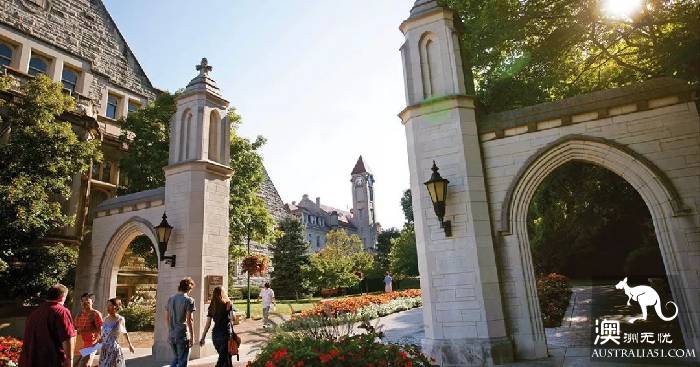
The student's story was interesting, so I asked her why she said so. 'Because I was born and raised in Australia and can't speak Chinese, people from China think I'm Australian, 'she explained.
But Australians look at me as Asian and often ask me which country I come from, even if I explain that I was born and raised in Australia. Australians will still ask, where are your parents from? Korea? Japan? China? They don't know the people of these countries anyway.
When I say my parents are Chinese, they will regard me as Chinese. I asked her, where do you think you are from? 'of course I'm Australian, 'she replied.
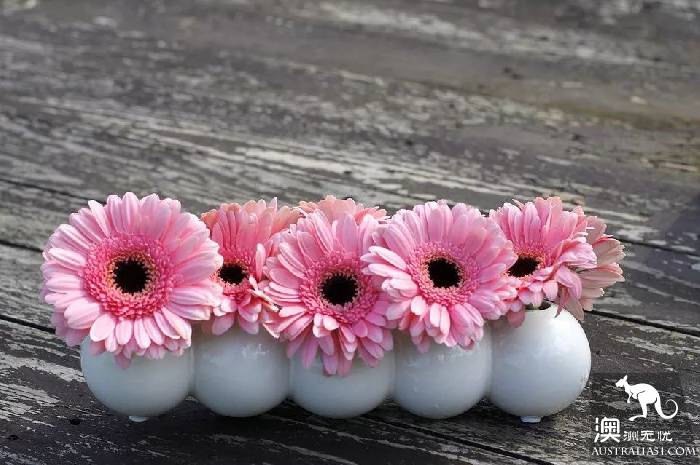
She represents a group of contradictions of its own. They are the Chinese in the eyes of the ABC, is their own mouth teasing banana people.
Australians don't understand what we mean by ABC. You tell someone about ABC,. Maybe people think you're talking about a mainstream Australian television media, ABC. ABC (an Australian-born Chinese, Australian-Born Chinese) is a Chinese acronym.
Banana man, as the name implies, yellow skin, white heart. Born and raised in Australia, dressed in Chinese appearance, but the way of thinking and lifestyle are no different from Australians.
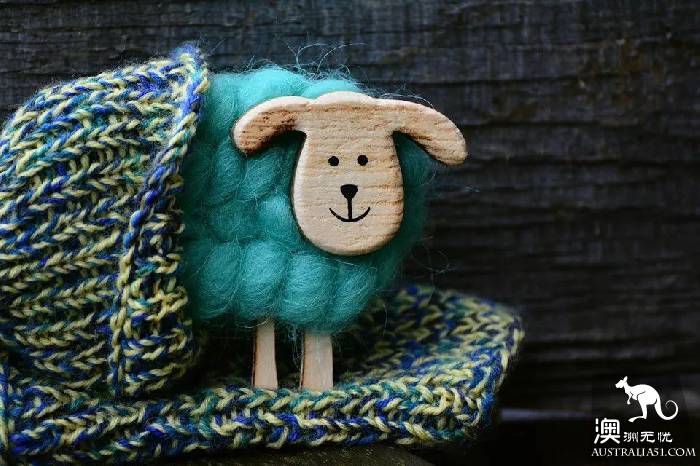
When I worked in Sydney, one of my ABC colleagues, a former PricewaterhouseCoopers auditor, was also a typical ABC. in my mind. What is typical ABC? Female words, from the appearance, can see the artist Coco Lee.
The eyebrows like to be trimmed into a long, surprised shape. Hair likes to dye yellow or similar color system, do not leave bangs. Probably because English pronunciation part characteristic and facial expression is rich, so the eye tip is slightly raised, the mouth type is upwarped.
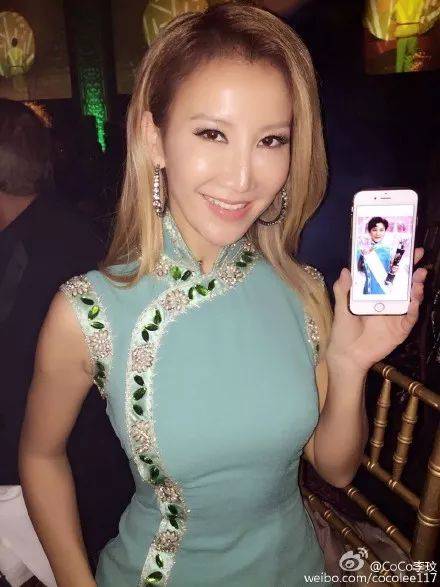
Adhere to physical fitness, keen on outdoor activities: mountain climbing, hiking, running, swimming, playing ball, skiing. A small, muscular figure with an aesthetic preference. Not afraid of the sun, enjoy the sun bath, love wheat color.
Dress style follows the sexy gaudy wind. Open personality, cheerful self-confidence, polite. Can not read and write Chinese, can listen and speak more simple Chinese.
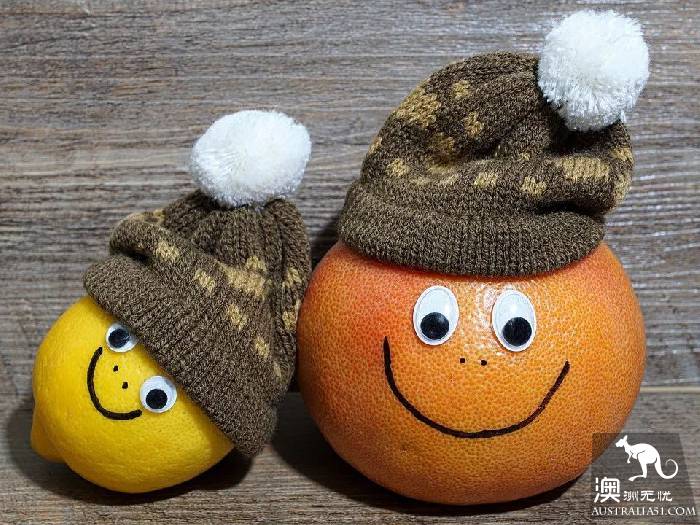
Should that sentence: orange Huainan is orange, born in Huaibei for trifoliate orange.
As the first generation of immigrants, her parents emigrated from Guangzhou to Australia in the 1980s and are still used to eating Chinese, speaking Chinese and adhering to Chinese values. Although English is also basic and can interact with Australians, cultural attributes and lifestyle are still Chinese.
She grew up in Australia and grew up in the background and environment of Australian education. Her cultural heritage has been thoroughly westernized. Since she was 18 years old, she no longer lives with her parents. Economic and ideological levels pursue independence.
When talking to her parents, her parents speak Chinese and she responds in English. There is little in-depth communication between the two sides. In her description, her parents who opened a Chinese restaurant were dull-minded.
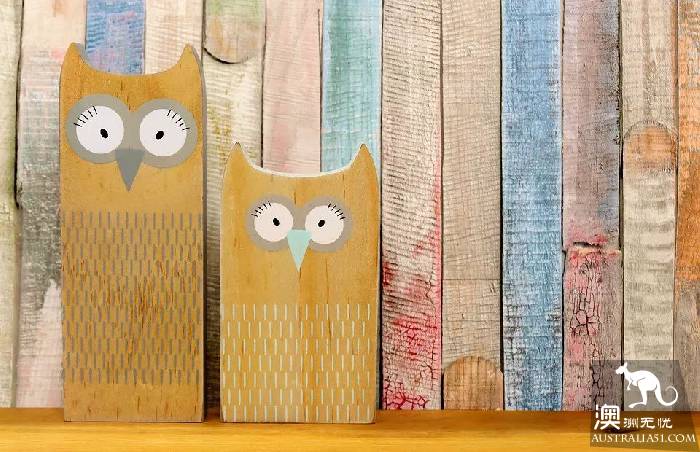
At a fitness center often visited in Sydney, a consultant is a ABC. Her parents, TW, had been busy doing business all year long and had less company with her as a child.
She often complained to me about the estrangement between her parents. Her Chinese is the standard of a five-year-old. Her parents are not fluent in English. The frequency of communication between the two sides has not been high, only talking about the simplest and most basic things, but also often with the help of mobile phone translation software.
Young Australians have no habit of saving money. Once, she saved half a year's money and bought a new iPad, to surprise her mother's birthday.
According to Australian characteristics, receiving gifts from family or friends can be very cheering. But her mother's reaction is, why buy me this, ah, waste ah. Don't spend this money in the future.
Her mother was just a Chinese expression, but she said she didn't want to buy her any more presents.
Over time, language and cultural barriers, let a family of two generations more and more contradictions, each other do not understand each other. There is little talk between each other now.
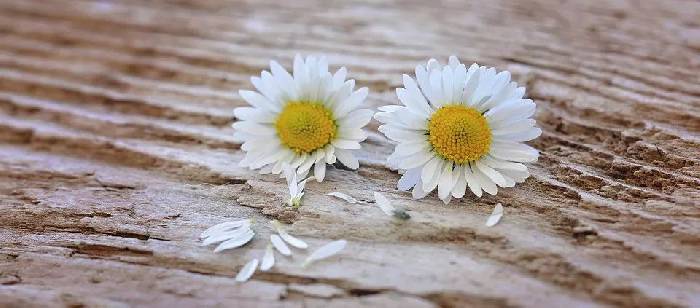
What would her parents really feel like? The gap between children who have no language and do not fit into their own way of thinking and way of life is inevitable or unexpected.
Is it the fault of parents' education? I'm afraid the subject should be analyzed by scholars and experts. But it does have a direct relationship with Chinese parents' educational ideas and ways of training their children.
Some parents don't care if their children can speak Chinese, so let it go. Children go to school and grow up in the Australian environment, naturally Chinese gradually disappear, replaced by English.
Some parents deliberately do not speak Chinese to their children because of prejudice, and want their children to integrate into the mainstream society in Australia, as long as they speak English well, not to mention learning Chinese culture.
Some families attach importance to their children's Chinese learning, free time to send children to Chinese classes, winter and summer vacation arrangements to China's experiential winter and summer camp, there will be some good results.
But after all, the environment is English language system, can listen, speak, read, write Chinese, such ABC very few. In all these years abroad, we have never met ABC., which has the ability of both Chinese and English to reach the level of our mother tongue.
Lack of language learning, cultural absence is also common.
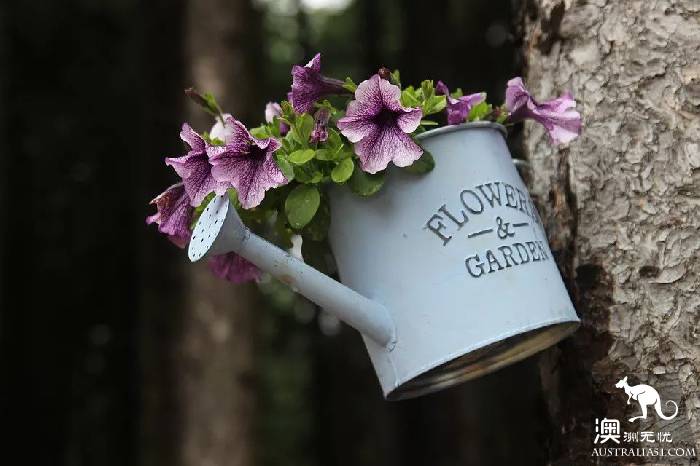
I used to live in a neighborhood where there was a ABC neighbor. She said her family never celebrated the Chinese New year, only Christmas. In fact, festivals as a sense of ritualistic existence, is a common memory and cultural heritage, a good opportunity for families to transmit cultural feelings to their children. It is not necessary for Chinese families to have Chongqing wishes, but to create a little Chinese festive atmosphere for their children.
Unfortunately, a lot of ABC in the process of growing up, the feelings for China, almost zero. Do not understand, have no interest in understanding, or disdain to understand the history and culture of China.
The colleague in Sydney used to proudly say that: People say I don't look like Chinese (people say I don't look Chinese. She considered it a compliment from the Australians.
I often ask questions that I do not know how to answer: why do you eat with chopsticks, hands are not tired? It's strange why you Chinese have so many dialects.
Behind the problem is the stranger to the origin and roots, and the overall lack of culture and history in the country of origin. I don't agree with you because I don't know.
On Australian secondary and university campuses, a common scenario is that ABC and ABC interact more closely with each other in a Time line. Because in the eyes of young Australians, ABC is still a foreigner. This is an embarrassment for the ABC.
There are some ABC in adulthood, have the enthusiasm to learn Chinese. At this time, the contact and study on all aspects of China stems from curiosity about Chinese culture and history, from the yearning for unlimited opportunities brought about by the astonishing development of China's economy, and from the search for and desire for cultural identity.
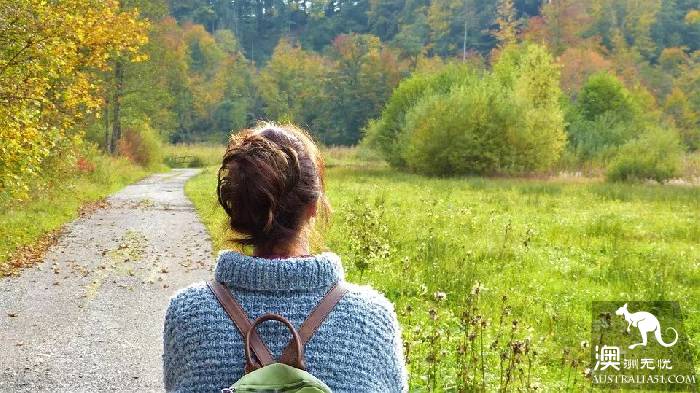
Mango Man is another name after Banana Man. Mango, inside and outside are yellow. Growing up in a Western educational environment, as well as a Chinese cultural heritage, these immigrant children are called mangoes.
My baby is also a ABC, who is almost two years old. Now is the dentistry language stage, can recite a few simple five-character Tang poetry. Sometimes the poem will be memorized, for example, let wildfires burn forever, every grain is farmers' hard work.
I know clearly that from kindergarten onwards, she will grow up under the English language family, learn from Australian thinking, and there will be no doubt that she will have her own independent Australian life.
All I can do is to create opportunities in her growing environment so that she can have an understanding of, interest in, love and inheritance of Chinese culture.
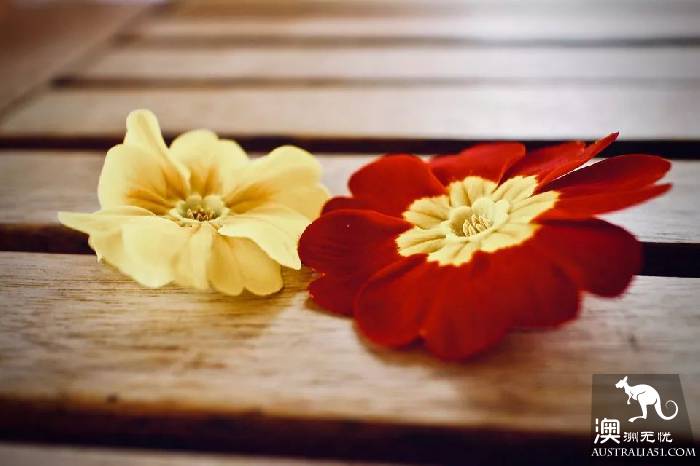
Banana Man, Mango Man, but they're all stickers.
It is more important to understand your roots and find your place. Because only in this way, will be more relaxed to live in other countries, more comfortable with other people, but also more calm with their own.